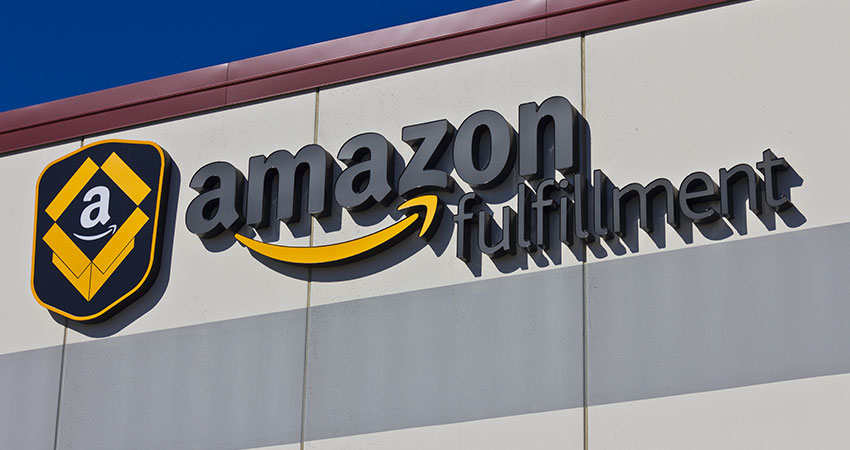The National Labor Relations Board has ordered a new election to determine if Amazon fulfillment center workers in Bessemer, AL can organize as members of a union for collective bargaining, which would be a first in the United States and set off a warehouse labor chain reaction.
The decision was announced through the Retail, Wholesale and Department Store Union, which is seeking to represent the Amazon workers there.
“Today’s decision confirms what we were saying all along, that Amazon’s intimidation and interference prevented workers from having a fair say in whether they wanted a union in their workplace,” said Stuart Appelbaum, President of the RWDSU in a statement. “And as the Regional Director (of the NLRB) has indicated, that is both unacceptable and illegal. Amazon workers deserve to have a voice at work, which can only come from a union.”
The union resolution was resoundingly defeated in April, 1,798 to 738, but only 30% of eligible workers voted. The RWDSU filed a protest four days later, claiming Amazon unfairly intimidated workers through a variety of communication channels, including messages in restrooms. It also claimed a U.S. Postal Service mailbox was improperly placed outside the premises to collect union ballots, after pressure from Amazon to do so. Some saw this move as a violation of labor law.
Amazon has long had to deal with unions in Europe but has thus far succeeded in thwarting efforts to organize its workers here, while citing its above-grade pay, benefits and flexibility. But the drumbeat of negative press about working conditions in its facilities and treatment of contract drivers continues.
In mid-November, workers at an Amazon fulfillment center on Staten Island, NY withdrew their petition to form a union, two weeks before a planned meeting with the NLRB to determine if sufficient interest existed.
In September, California Gov. Gavin Newsome signed a bill that targets labor practices in ecommerce warehouses, including banning the enforcement of performance quotas that impinge on basic worker’s rights like restroom and lunch breaks. The law was widely viewed as targeting Amazon, which has a major presence in the state, and was opposed by the California Retailers Association, of which Amazon is a member.

